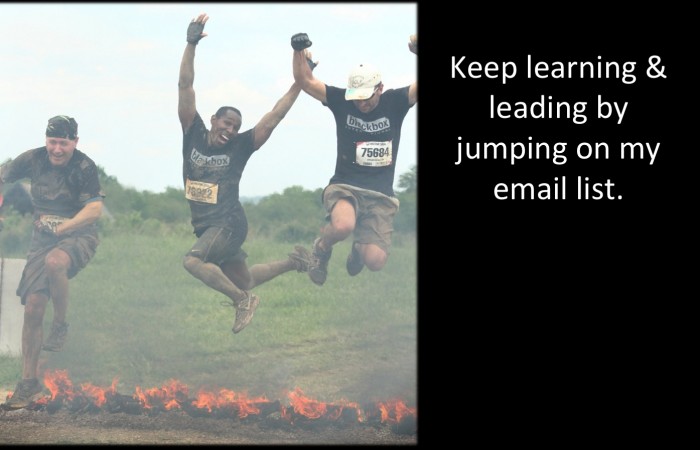A Guideline For Confrontations: When & How
Written by Brian Jennings, Posted in Your Church
The butterflies in my stomach had just shifted into fifth gear. I felt clammy, stressed, and was beginning to sweat. The least favorite part of my job had descended upon me with the grace of rhino. I needed to confront someone.
If you are in any type of leadership role, you will have people who will veer away from expectations. We’ve all seen people try to intimidate, curse or scream at even the smallest infraction (think Bob Knight at his worst), and we know that it’s not healthy for the average person. We’ve also seen leaders try to coddle or ignore troublemakers on their team, and we see the damage and disarray that this causes.
We need to have some tough conversations. Not mean-spirited, but tough, because they are difficult for you to initiate, and they are difficult for the person you are addressing to hear. I used to try to think carefully, and seek wise input, when traversing this rough terrain. This helped, but I needed more. I needed filters to help me navigate these tough conversations, so I’ve written a document (with the help of our staff).
These filters apply to expected conduct/behavior of our staff, and the volunteer teams that I lead, but it could be adapted for teachers, parents, and coaches.
I need to confront someone if any of the following are true:
1. Was it a clear and obvious violation of our expected conduct?
2. Did they express no remorse for their behavior? We all wish that we could take some things back. If someone says something out of anger, but is quick to make amends to those impacted, it’s not near as big of a deal. Obviously, conduct violations can’t become a habit, but the real danger is when people think that those violations are acceptable.
3. Is it spreading misery, disorganization, confusion, or anger?
4. Would the continued action threaten the effectiveness of our team?
Steps before confronting someone:
1. Be fully prepared to both encourage the person, and to also address the issue. Have the necessary information. Also, you may want to have a document of expected changes to give to them.
2. Consider the timing. The leader may need to process for a while, or may need to allow a major task to be finished by the other party. This must be balanced by the understanding that it needs to be addressed as soon as possible. Until it’s addressed, it will feel like a 1000 pound gorilla.
3. Pray about the best possible outcome and your own attitude. The purpose is reconciliation, not justice.
4. Go on a walk, or get some fresh air. Sometimes, I just need to clear my head for a moment. It helps me be less anxious, and to put things into perspective.
When the confrontation happens:
1. Encourage first.
2. Ask questions. Daniel practiced this, even when he faced death. Questions demonstrate wisdom, patience and a desire to learn.
3. Speak the truth in love (with tact as Daniel did).
4. Joel Manby in his great book, Love Works, encourages the leader to have three lists that they talk through, and give to the person: 1. Keep doing… 2. Do more of… 3. Do less of…
5. Ask if they agree with your assessment.
6. Ask how you can help them.
7. Encourage them.
Follow up:
1. Praise improvement.
2. Follow-up after a month to see how it’s going.
3. Don’t let it slide. Lack of improvement is not acceptable (and leads to a set of disciplinary steps).
The butterflies were gone. I felt so much better. I understood more, as did my friend whom needed to hear from me. And I was reminded that confrontations can be a beautiful thing.





